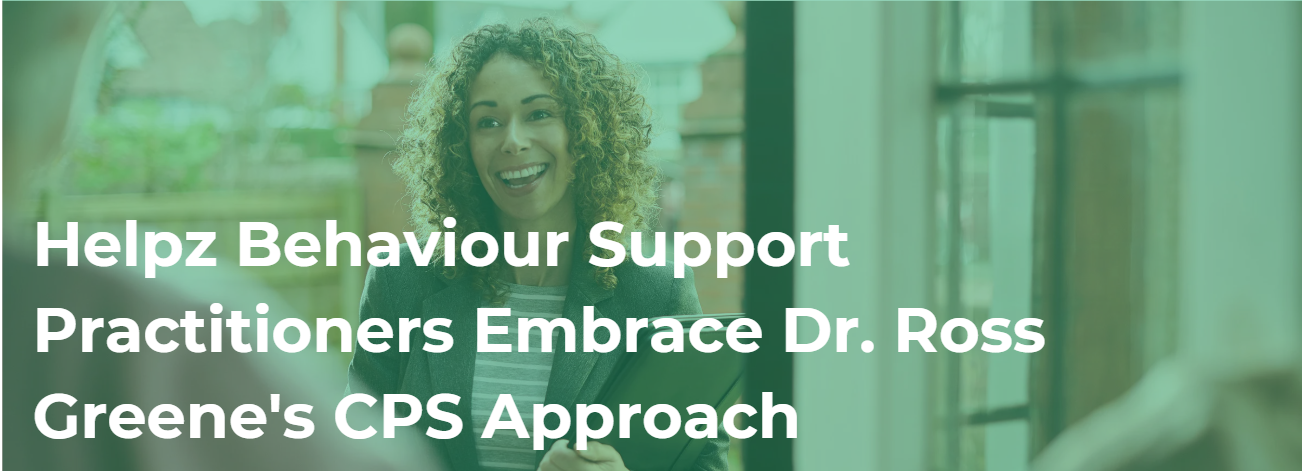Exciting New Partnership to Support Youth in the Central Coast Community

We are delighted to announce our collaboration with
Trilogy Disability Services, an organisation dedicated to uplifting the Central Coast community. Through their "Youth Back in the Community" program, this partnership aims to provide essential support to individuals facing homelessness and young people in out-of-home care who would benefit from mentorship and guidance.
Purpose of the Partnership
The "Youth Back in the Community" program focuses on ensuring that vulnerable youth and their families can access the necessary resources and guidance to inspire positive change. With youth aged 10-17 accounting for a significant portion of those involved in the justice system on the Central Coast, this initiative is both timely and essential.
A Message from Our Managing Director
Danny Burgess, Managing Director, shares the motivation behind this collaboration:
“By stepping in to support disengaged youth, we aim to help them find their strength. This partnership with Trilogy Disability Services is an investment in the future of our youth, promoting development in communication, social interaction, resilience, and life skills. Together, we are committed to making a lasting impact on the lives of those we serve.”
Program Highlights
This unique, year-long initiative specifically targets six youth aged 15-18, each with backgrounds involving trauma or experiences within the youth justice system. The program aims to:
- Re-engage youth by providing consistent mentorship and support.
- Prevent poor decision-making by fostering positive pathways and guidance.
- Reduce youth incarceration rates by offering essential skills and structured guidance.
The Impact
Our partnership with
Trilogy Disability Services and their "Youth Back in the Community" program is more than just a collaboration; it’s a commitment to building resilience and developing life skills within our youth. By providing these young people with mentorship and access to valuable resources, we hope to create meaningful, positive changes that extend into their future.
Together with
Trilogy Disability Services, we are dedicated to supporting and empowering vulnerable youth on the Central Coast. We look forward to seeing the positive impact of this program on the lives of those we serve and to sharing updates on its progress throughout the year.
News & Insights
Check Our Latest Resources







